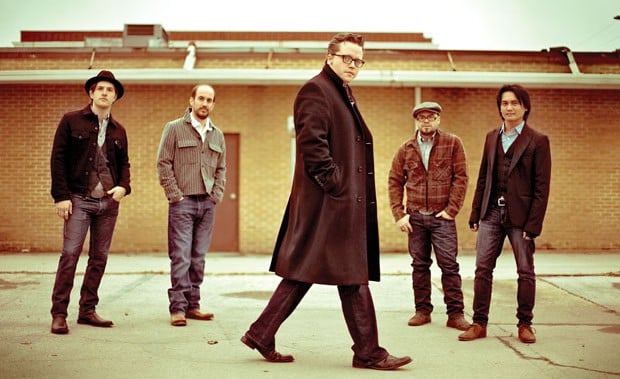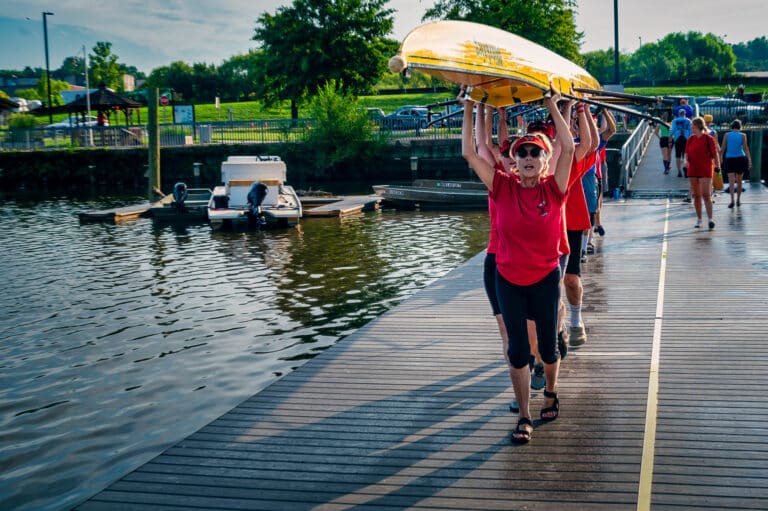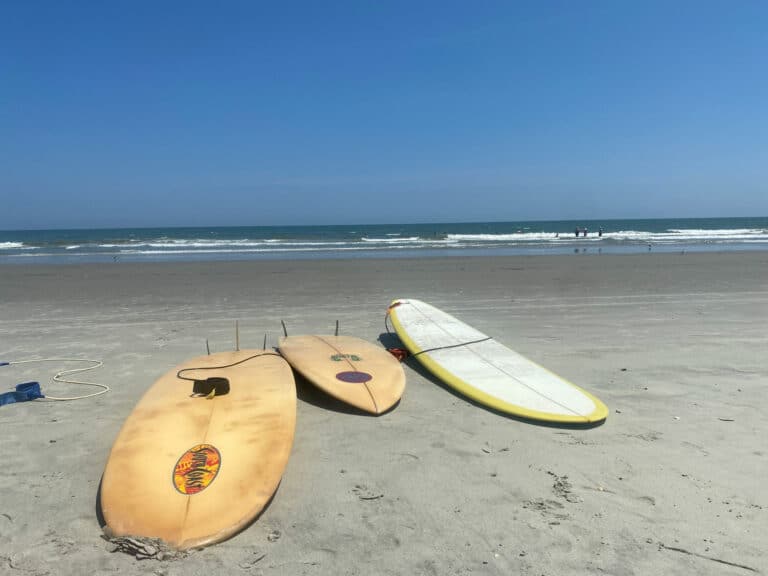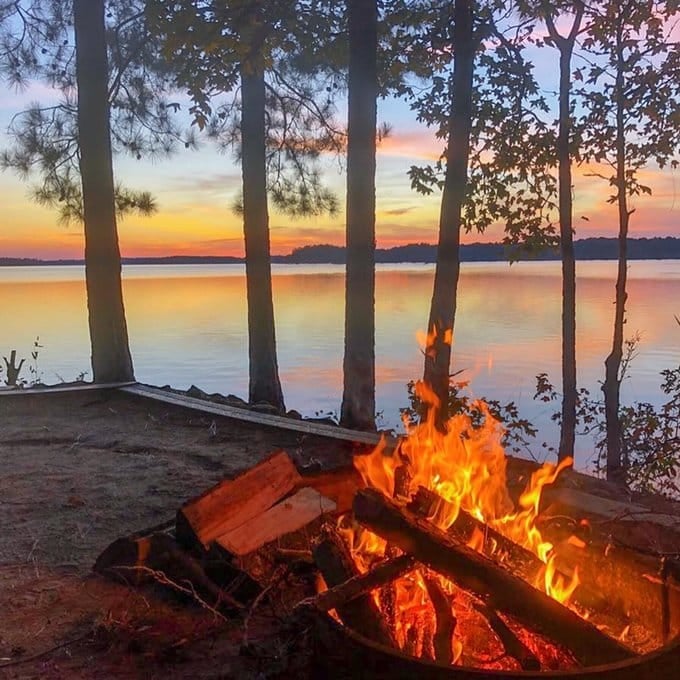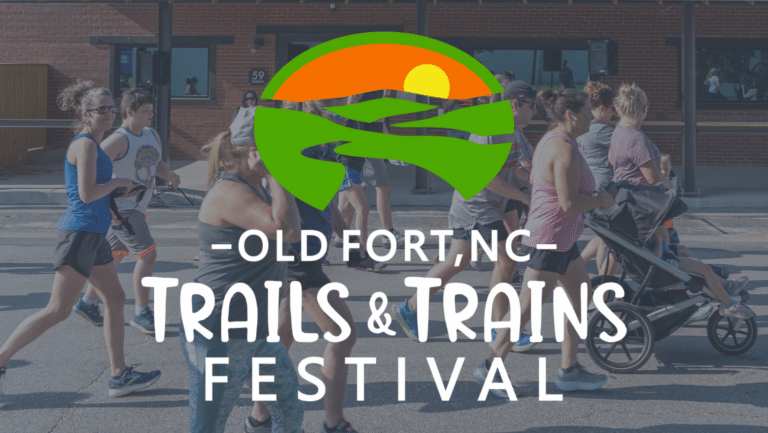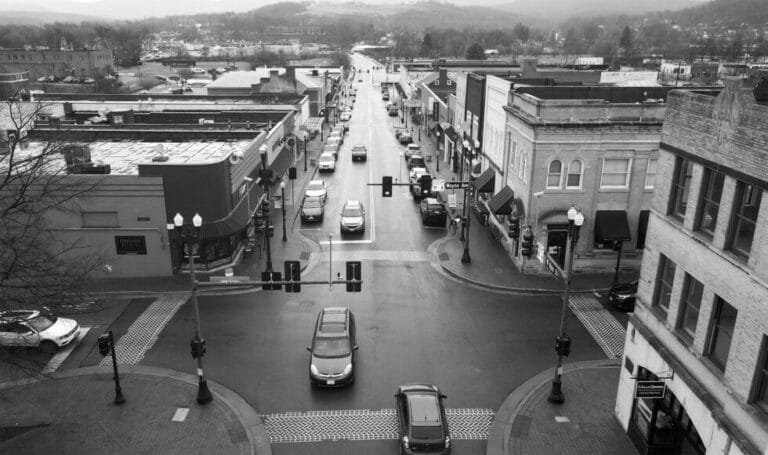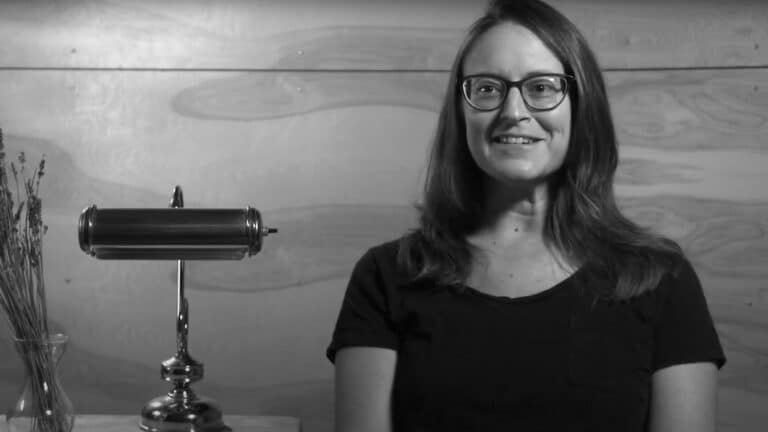Jason Isbell and the 400 Unit.![]()
With his new album, Here We Rest, Jason Isbell is finally done being the guy who used to be in the Drive-By Truckers. Isbell spent five years with the popular Southern rock crew before he split to pursue a solo career in 2007. While Isbell’s songwriting prowess immediately stood out during his time with the Truckers, he’s used his solo work to craft a broader musical palette. Varied taste comes from his upbringing near Muscle Shoals, Ala., once known as The Hit Recording Capitol of the World, being home to the legendary FAME Recording Studio where Wilson Pickett recorded “Mustang Sally” and Aretha Franklin cut “Do Right Woman.”
On Here We Rest, his third album under his own name and second with his band the 400 Unit, Isbell writes about getting reacquainted with home. His songs tell stories of characters fighting to stay afloat among the rural hardships of a depressed economy, be it through the acoustic highway ballad “Alabama Pines,” the country waltz of “Codeine,” the juke joint groove of “Never Could Believe,” or the Appalachian stomp of “Tour of Duty.”
How did taking time off to get reacquainted with Alabama affect your songwriting? I reduced my touring schedule in 2010 and finally took the time to get back in touch with the people I grew up with, so home was on my mind when I started writing. It immediately came out in the songs. I was spending time with people whose lives were more normal than mine—people who got up and went to work everyday and worried about getting their bills paid. I started to understand their concerns more than I had in the recent past, because I’ve essentially been on the road for the last 10 years.
You still live in the Muscle Shoals area. What is this storied music town like today? Culturally, it could be a whole lot better. There are still a lot of good studios and places to record, but we’re still working toward developing a live music scene. It’s hard, because a lot of the laws prevent you from opening a venue. Financially, people are pretty frustrated. They’re not in control of their lives, and that appears to be the situation in a lot of small towns.
With your three subsequent solo albums, your sound has become a lot more genre inclusive. Why do think that is? I listen to a lot of different kinds of music. I think I would be bored if I just played one kind. If you put a lot of different kinds of songs on an album, you can reach a wider audience. I really enjoy country and rock ‘n’ roll and everything in between. I would attempt hip-hop, but it wouldn’t be any good.
